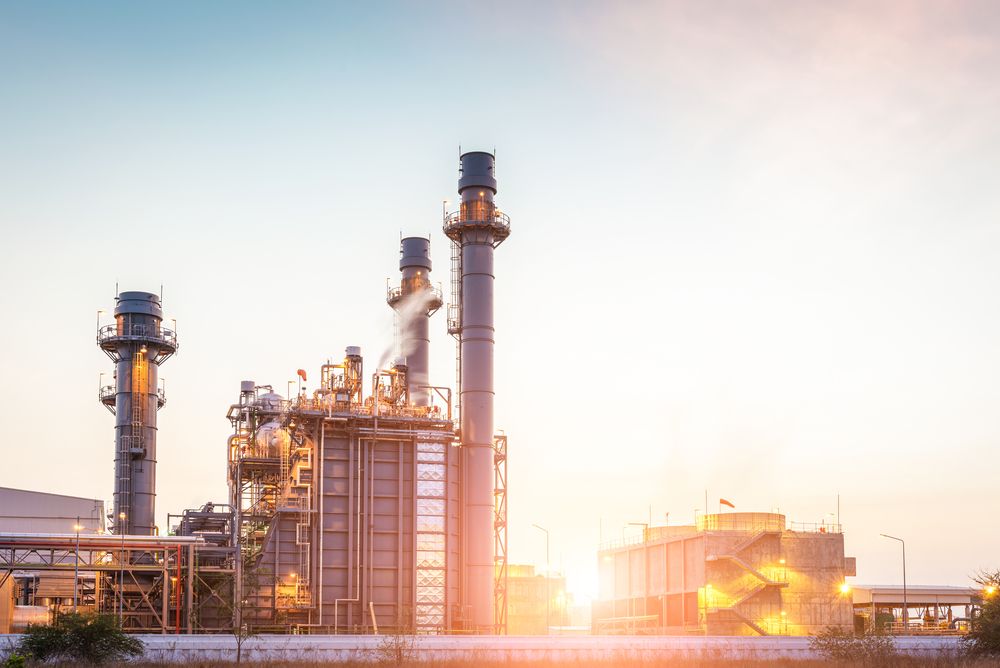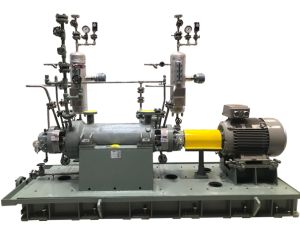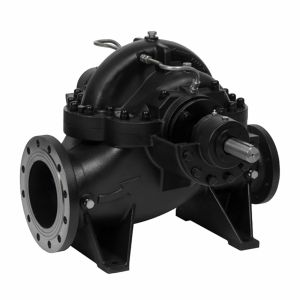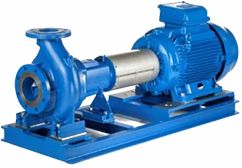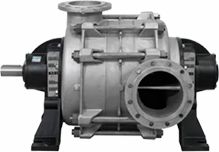Power Supply
Pumps are essential to the operation of a power plant and are used to move and circulate water, steam and coolants. Some examples are condensate pumps, feed water pumps and circulation pumps.
Our customers rate us 8,6  based on 136 reviews
based on 136 reviews
Everything you need to know
Power Supply and pumps
A power plant is a complex facility in which several processes are used to generate electricity. One of the most important components in the production process is pumps. Pumps on a power plant are responsible for moving liquids and gases through various systems to produce energy as efficiently as possible.
There are several types of pumps used on a power plant, including centrifugal pumps, axial pumps, and gear pumps. Each type of pump has its own specific uses and benefits, depending on the type of liquid or gas being moved.
Applications within the power supply
One of the main applications of pumps in a power plant is to cool the equipment. Heat exchange systems use pumps to circulate cooling water through the system to remove heat from the equipment. Other uses for pumps at a power plant include transporting fuel and waste, moving steam through turbines and injecting chemicals into the water to prevent corrosion.
The crucial role of pumps in the efficient and sustainable production of electricity at power plants
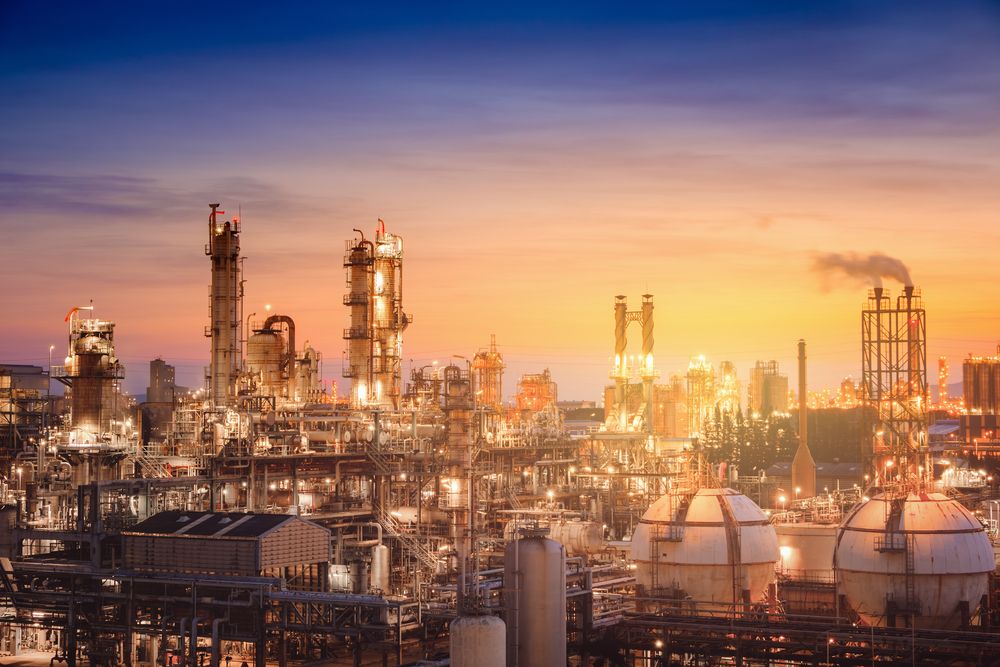
Advice and sales
The best possible solution for your application
There are many different types of pumps and just as many applications, such as a submersible, circulation or well pump. Due to this diversity of pumps, it is wise to be well informed about what type of pump is required before you purchase one or have it overhauled. The IPG team with various pump experts can always advise you on the best possible solution for your application and can also support you with the purchase and installation of the pump.
IPG has strong relationships with various pump manufacturers and can therefore give you good advice in purchasing many types and brands of pumps. For example, the Industrial Pump Group is the Dutch importer of SAER and official dealer of Lowara, Grundfos and Seepex, among others.
The evolution of pumping technology for power plants
PUMP ADVICE
